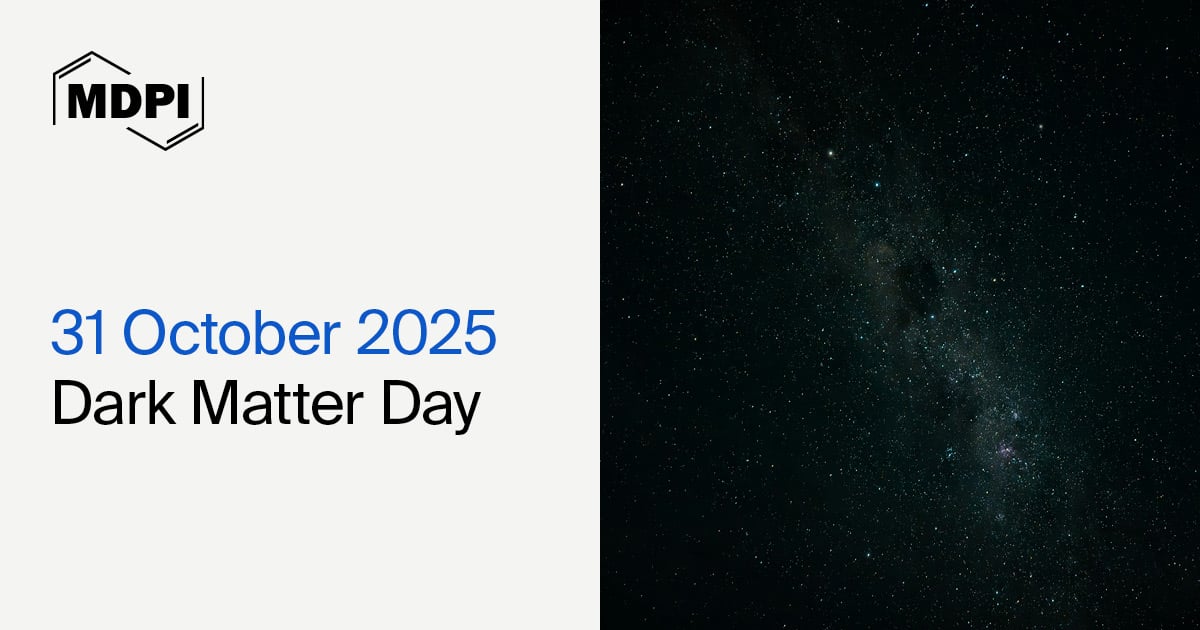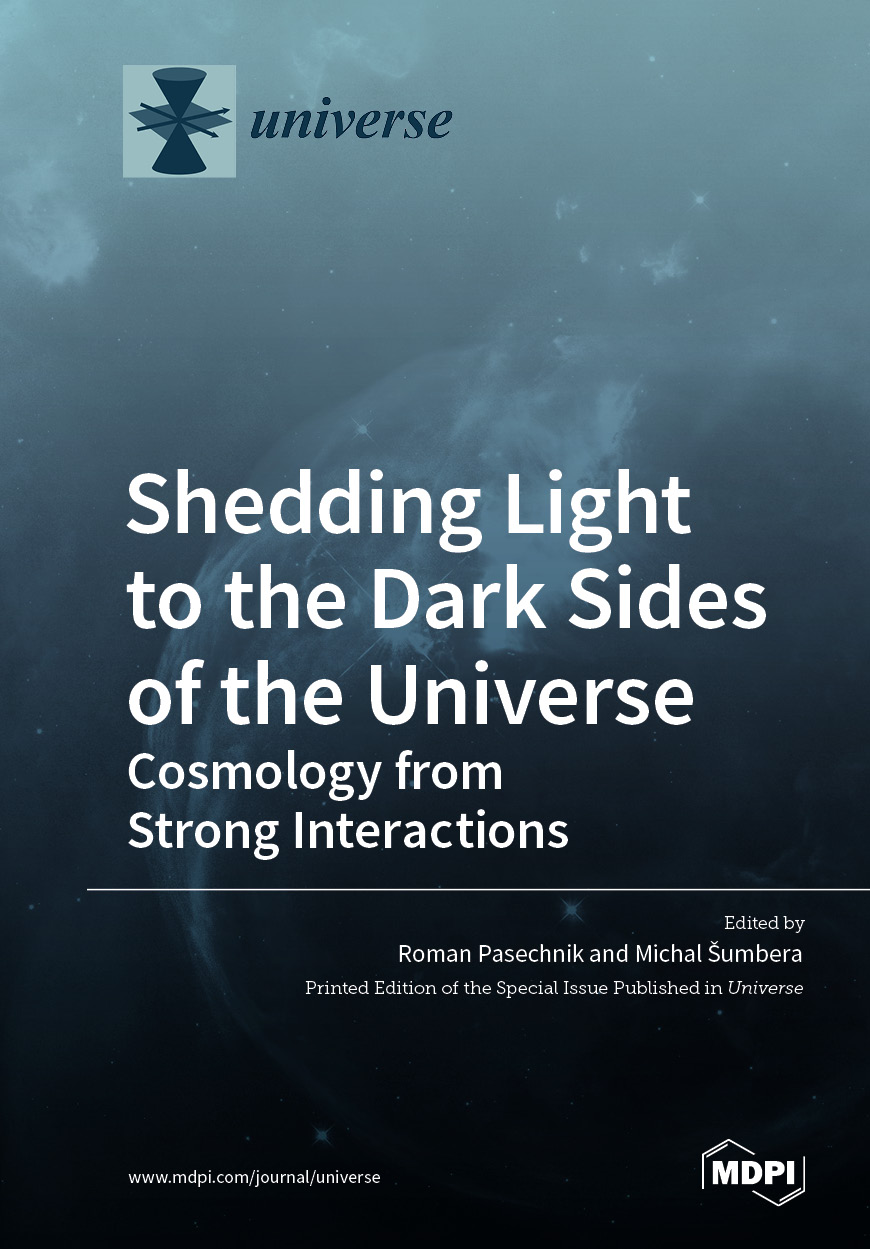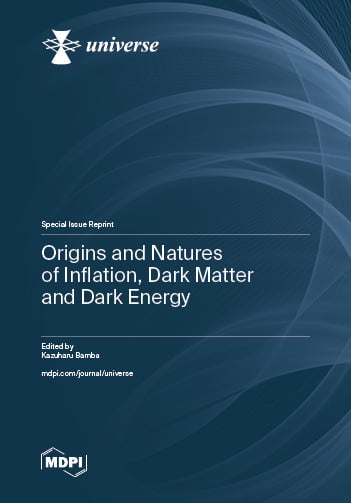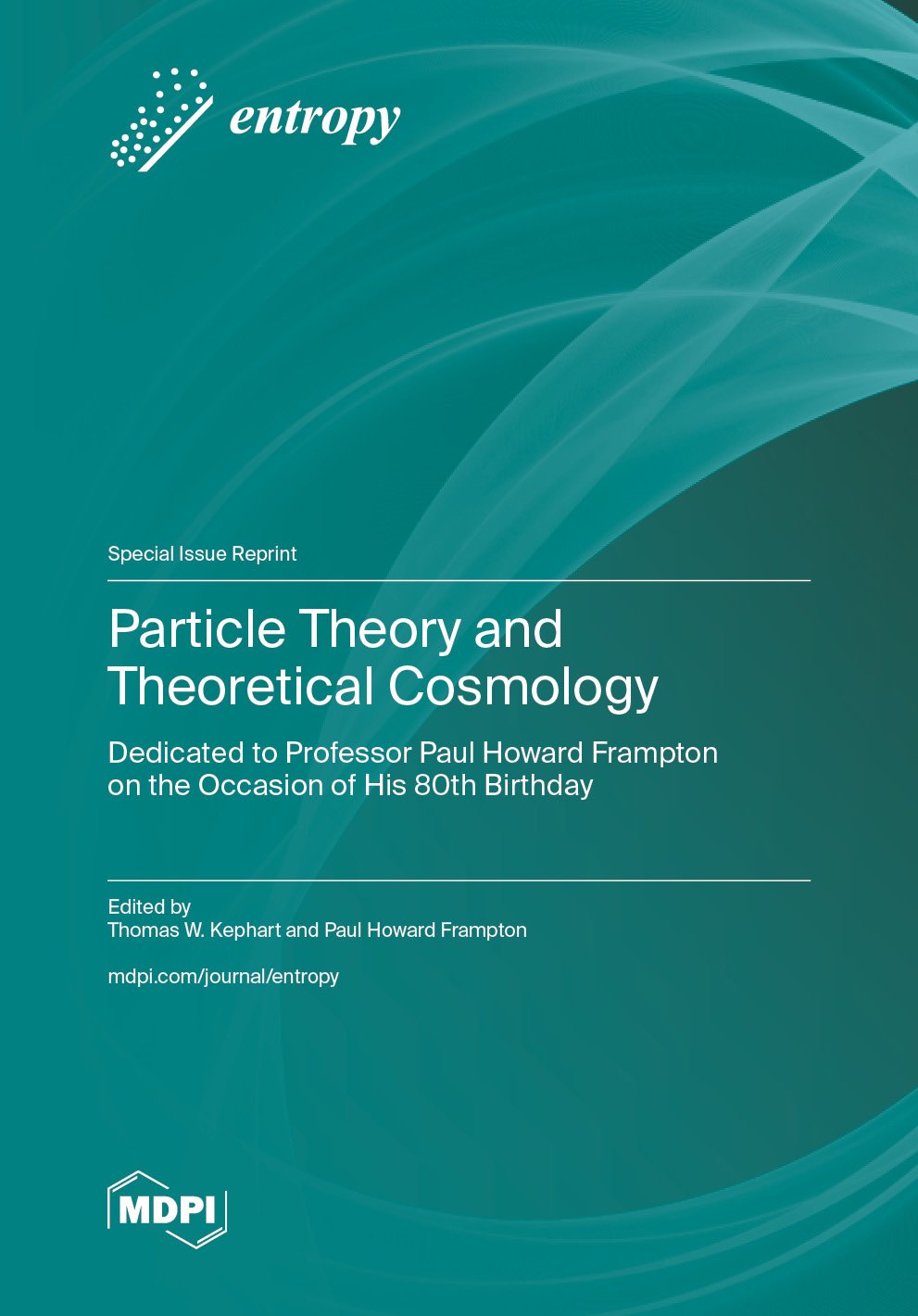You are accessing a machine-readable page. In order to be human-readable, please install an RSS reader.
All articles published by MDPI are made immediately available worldwide under an open access license. No special permission is required to reuse all or part of the article published by MDPI, including figures and tables. For articles published under an open access Creative Common CC BY license, any part of the article may be reused without permission provided that the original article is clearly cited. For more information, please refer to https://www.mdpi.com/openaccess.
Feature papers represent the most advanced research with significant potential for high impact in the field. A Feature Paper should be a substantial original Article that involves several techniques or approaches, provides an outlook for future research directions and describes possible research applications.
Feature papers are submitted upon individual invitation or recommendation by the scientific editors and must receive positive feedback from the reviewers.
Editor’s Choice articles are based on recommendations by the scientific editors of MDPI journals from around the world. Editors select a small number of articles recently published in the journal that they believe will be particularly interesting to readers, or important in the respective research area. The aim is to provide a snapshot of some of the most exciting work published in the various research areas of the journal.
Original Submission Date Received: .

The 2025 Dark Matter Day takes place on 31 October. On and around 31 October 2017, the world celebrated the hunt for the unseen—something that scientists refer to as dark matter. There is a big part of the universe that we do not know much about. We are not sure if dark matter is made up of undiscovered particles, or if it can be explained by tweaking the known laws of physics. Its makeup could teach us much about the history and structure of our universe.

 |
 |
 |
 |
 |
 |


|
Date: 31 October 2025 |
Date: 31 October 2025 |
Date: 31 October 2025, |

“Post-Newtonian Effects in Compact Binaries with a Dark Matter Spike: A Lagrangian Approach”
by Diego Montalvo, Adam Smith-Orlik, Saeed Rastgoo, Laura Sagunski, Niklas Becker and Hazkeel Khan
Universe 2024, 10(11), 427; https://doi.org/10.3390/universe10110427
“Higgs Boson Searches at the LHC Beyond the Standard Model”
by André Sopczak
Physics 2024, 6(3), 1132–1170; https://doi.org/10.3390/physics6030071
“Galaxy Groups as the Ultimate Probe of AGN Feedback”
by Dominique Eckert, Fabio Gastaldello, Ewan O’Sullivan, Alexis Finoguenov, Marisa Brienza and the X-GAP Collaboration
Galaxies 2024, 12(3), 24; https://doi.org/10.3390/galaxies12030024
“Exploring the Distribution and Impact of Bosonic Dark Matter in Neutron Stars”
by Davood Rafiei Karkevandi, Mahboubeh Shahrbaf, Soroush Shakeri and Stefan Typel
Particles 2024, 7(1), 201–213; https://doi.org/10.3390/particles7010011
“The Scavenger Hunt for Quasar Samples to Be Used as Cosmological Tools”
by Maria Giovanna Dainotti, Giada Bargiacchi, Aleksander Łukasz Lenart and Salvatore Capozziello
Galaxies 2024, 12(1), 4; https://doi.org/10.3390/galaxies12010004
“Fermion Proca Stars: Vector-Dark-Matter-Admixed Neutron Stars”
by Cédric Jockel and Laura Sagunski
Particles 2024, 7(1), 52–79; https://doi.org/10.3390/particles7010004
“Constraints on Tsallis Cosmology from Big Bang Nucleosynthesis and the Relic Abundance of Cold Dark Matter Particles”
by Petr Jizba and Gaetano Lambiase
Entropy 2023, 25(11), 1495; https://doi.org/10.3390/e25111495
“Lensing with Generalized Symmetrons”
by Christian Käding
Astronomy 2023, 2(2), 128–140; https://doi.org/10.3390/astronomy2020009
“The Quest for the Nature of the Dark Matter: The Need of a New Paradigm”
by Fabrizio Nesti, Paolo Salucci and Nicola Turini
Astronomy 2023, 2(2), 90–104; https://doi.org/10.3390/astronomy2020007
“Fermionic Dark Matter: Physics, Astrophysics, and Cosmology”
by C. R. Argüelles, E. A. Becerra-Vergara, J. A. Rueda and R. Ruffini
Universe 2023, 9(4), 197; https://doi.org/10.3390/universe9040197
“Machine Learning Approach for Event Position Reconstruction in the DEAP-3600 Dark Matter Search Experiment”
by DEAP Collaboration
Physics 2023, 5(2), 483–491; https://doi.org/10.3390/physics5020033

|
“Non-Extensive Entropies: Properties and Applications” |
“Current Trends in Cosmology” |
 |
 |
|
“Beyond the Standard Models of Physics and Cosmology: 2nd Edition” |
“Strong Gravitational Lens Modeling” |
 |
 |
|
“AI and Machine Learning in Dark Matter Searches: From Anomaly Detection to Detector Optimization” |
“Ultralight Bosonic Dark Matter: Theoretical Developments and Experimental Searches” |
 |
 |

 |
 |
 |
 |

